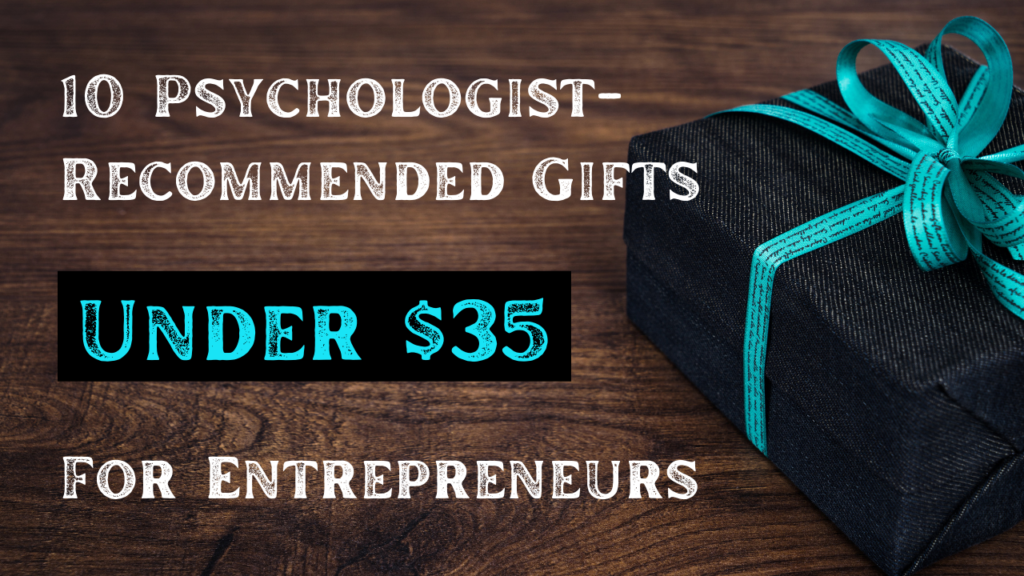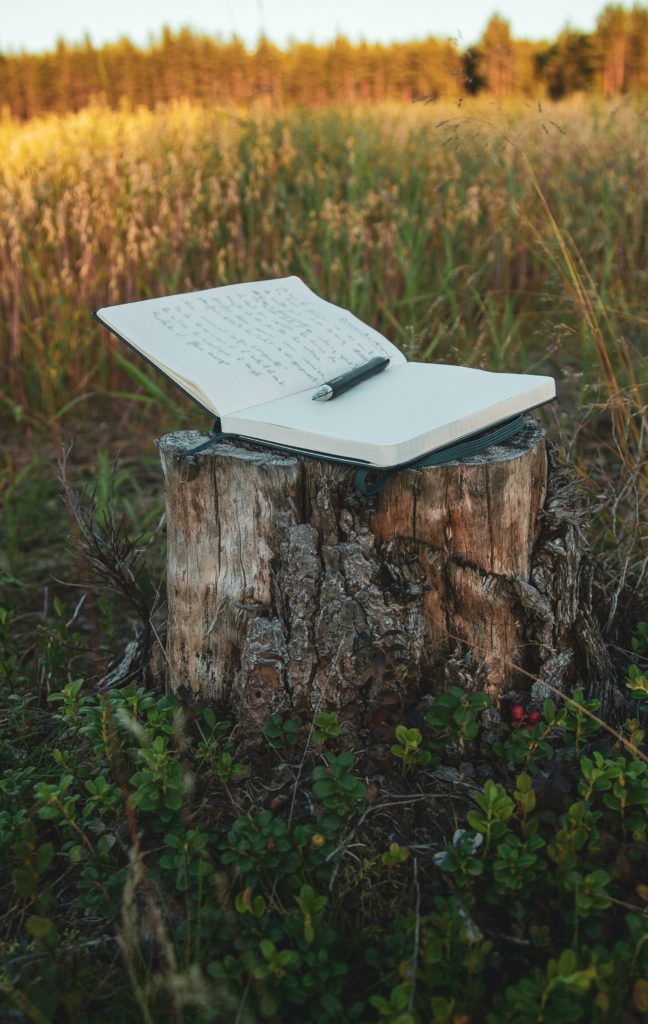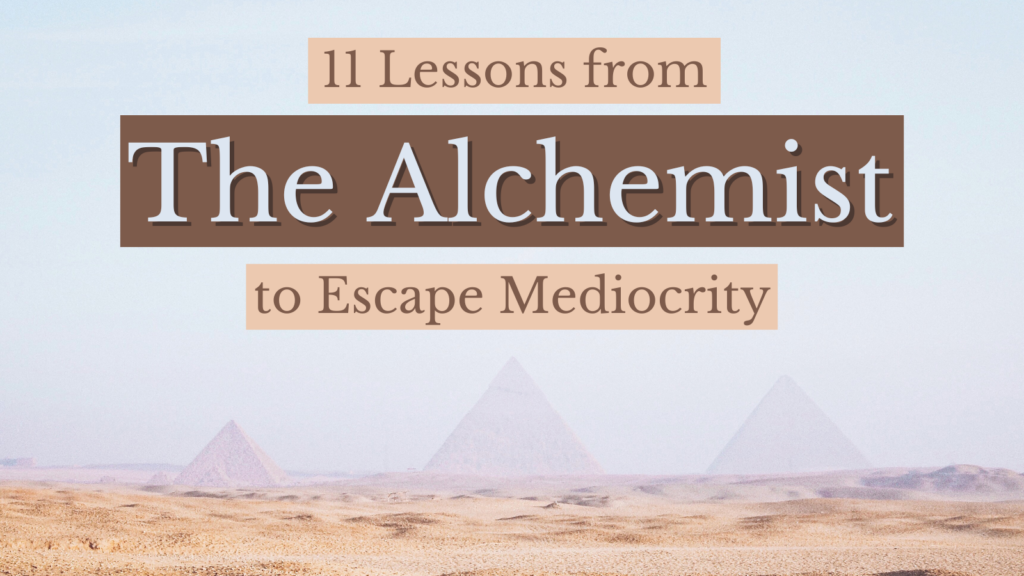I don’t recommend a lot of psychology books because I don’t read them. I take my recommendations seriously. When I need guidance in my own life or when I’m trying to find a simple strategy to help a client or friend, I gravitate toward Stoicism and Buddhism. They’re hyper practical and modern psychology borrows heavily from them anyway, so why not go to the source and avoid all the psychobabble?
The top three books I recommend to my clients–or anyone struggling with how to live a better life, cope with stress, find peace, or just regain control of their life–hasn’t changed over the years. It’s still the same three books.
These books are the pillars on which you can build an amazing life. That’s not hyperbole either, because the principles each of these books teach are simple, effective, and timeless. Their messages were forged in times of great strife and have helped people weather unimaginable storms throughout history—Holocaust prisoners, emperors, prisoners of war, coaches, athletes, musicians, civil rights leaders, presidents, and more.
The principles in these books are also the foundation for modern psychology. Look up Cognitive Behavioral Therapy (CBT) and you’ll find Stoicism. Look up Dialectical and Behavior Therapy (DBT) and you’ll find Buddhism. Look up Acceptance and Commitment Therapy (ACT) and you’ll find principles to finding meaning in your current situation and living in accordance with your values, regardless of what life throws at you.
If you want to be successful, do what successful people do. For how I define success, the people I look up to practice Stoicism and Buddhism, and live in accordance with their values to pursue a meaningful purpose-driven life. Let’s dive in.
•••
The Daily Stoic, by Ryan Holiday and Stephen Hanselman
In their own words,
Our goal with this book is to restore Stoicism to its rightful place as a tool in the pursuit of self-mastery, perseverance, and wisdom: something one uses to live a great life, rather than some esoteric field of academic inquiry.
Who doesn’t want to develop self-mastery, perseverance, and wisdom? This is, by far, my most-gifted and recommended book. The value I’ve personally gotten out of this book, plus the number of times I’ve used its principles in therapy and coaching to help clients overcome obstacles and achieve their goals makes it worth more than 10x its current price (literally, therapy and coaching textbooks are fucking expensive).
This book is an easy-to-digest primer on all things Stoicism. It’s written as a page-a-day book, meaning you literally only need to read one page each day. Regardless of how busy you are, you have time to read one single page every day.
Each page starts with an ancient Stoic quote on a particular subject, like developing fortitude or resilience, problem-solving, finding clarity, etc., then gives a modern interpretation of how the quote applies to you in today’s world. Short, simple, effective, relevant, actionable.
I’m by no means a Stoicism expert, but I practice it every day. Stoicism comes down to practicing the skill of putting your effort into things you can control instead of wasting energy on things outside your control. You can’t control what you did in the past and you can’t control what might happen in the future. But you can control your current mindset and habits.
Wishing things could be different, getting angry at a red light, or rehashing toxic shit people have said to you are all wastes of time.
You can’t wish things to be different, but what can you do right now to start making small changes that will compound and lead to a better quality of life for you?
That red light doesn’t care about your feelings. It didn’t make you late for work. You leaving late lead to you being late for work. What can you change? Leave earlier.
A friend talked shit to you or someone told you you’re a stupid piece of shit. Ok. You don’t have to accept their words—you don’t have to allow their words to seep into your mind and affect your self-worth.
You choose the thoughts in your head.
You choose how you react to other people.
“They” didn’t make you angry. You allowed yourself to become angry. Which means you get to control whether you allow yourself to become angry or if you let go of that anger and move on.
In every situation, ask yourself, “What is within my control and what is outside it?” Focus on the few things within your control and you’ll see your life make a dramatic upward shift. This book introduces you to the ancient wisdom and practices to make this change.
Side Note: there’s also a companion book, The Daily Stoic Journal, if you like journaling or want to start a daily practice. Successful people throughout history have made a practice of journaling—it helps you examine your thinking process and hold yourself accountable. Doing this daily has helped me develop clarity on my goals and thought process–I highly recommend you do it. It takes me a total of five minutes to read both entries and write in my journal, but it primes my mind to focus on the right things throughout the day and hold myself accountable.
•••
The Miracle of Mindfulness, by Thich Nhat Hanh
The preface explains how the book was originally a letter written by Thich (Thay) Nhat Hanh to a friend and the volunteers trying to rebuild communities during the Vietnam War. In it, Thay wanted to encourage them to weather the storm (many volunteers were being kidnapped, raped, or murdered just for being Vietnamese) by reminding them of “the essential discipline of following one’s breath to nourish and maintain calm mindfulness, even in the midst of the most difficult circumstances.”
Thay wasn’t writing a letter to wax poetic about Buddhism; he was writing a practical guide with specific, concrete strategies to help people going through real shit cope and exercise the small bit of control they had.
This book was written in the 70s, but it’s still highly relevant. It’s written for regular people who want the simplest most effective strategies to control their thoughts, calm their mind, and find peace in any moment.
One of my favorite ways to teach mindfulness came from this book—washing the dishes.
Think about it. Where is your mind when you wash dishes? On your to-do list, having an imaginary argument, rehashing something that happened months ago, worrying about tomorrow, how much better your life would be if you won the lottery, what you’re going to eat later—your mind is everywhere except in the present moment. For a lot of people, depression lives in the past and anxiety lives in the future. So the present is the only safe haven, and it’s also the only thing we have any control over. You can’t control what happened in the past, and worrying about the future isn’t helpful.
But you can focus your awareness on the present moment: the temperature of the water, the sound of the soap bubbles popping or how it smells, the texture of the dish you’re washing, the pressure of your feet on the floor, your posture, your breath—if you focus on these present things, stress melts away because you’re not giving it attention.
Thay goes through a bunch of other simple practical exercises to retrain your brain to create peace in every moment by adding mindfulness to activities you already do: eating, drinking, walking, breathing, etc.
Practicing mindfulness allows you to gain clarity and peace in the present moment–to calm your internal storm–regardless of what’s going on around you.
•••
Man’s Search for Meaning, by Viktor Frankl
Dr. Viktor Frankl wrote this book based on his experiences in Nazi concentration camps.
The first half of the book is a memoir about his observations about those who survived life in the camps. Obviously, many people were brutally murdered during these times. But Frankl noticed that, for the rest of the people in the camps—those who weren’t taken to the gas chambers or murdered in other ways—some of them still died while others were able to survive.
What was the difference?
Frankl found that the people who survived were the ones who found meaning in their situation—they found purpose in their suffering or held on to other forms of meaning like finding their family or knowing the tragedy of the Holocaust would one day end and they would be able to build a new life. But those who didn’t create meaning simply died, as if they’d given up on living.
The second half of the book is Frankl’s introduction to logotherapy, a therapy approach he developed to help people create meaning in their lives, despite what tragedies or obstacles may have befallen them.
This concept of meaning-making is empowering for people struggling with obstacles in their lives that seem insurmountable. Especially people who are struggling with chronic pain, addiction, trauma, or anything else that involves something we can’t change. Basically, life has given you shit, so how do you turn that shit into fertilizer? How do you find meaning in it and use it as a catalyst to live a better life?
We may not always have control over what happens in our lives. But we do have control over finding meaning in it, and there is always meaning to be found to build a better future. As human beings, we’re driven to find meaning. This book is a solid introduction to helping you find meaning in your own life, written by someone who found meaning in one of the most torturous times and places in history.
•••
Bonus Recommendations
These are the three books I recommend in general, but there are a few other books I recommend in more specific situations. Here are some bonus recommendations if you’re looking for more things to read.
Ryan Holiday Catalogue
Honestly, anything Ryan Holiday has written on Stoicism is absolutely fantastic. His writing introduced me to Stoicism—and by extension, my clients—and I will forever be grateful. The beauty of these books is that he illustrates timeless concepts through engaging stories of people throughout history. Because his books are entertaining from start to finish–the stories stay with you long after you’ve finished the book, which means you’re able to reap the benefits of the lessons long afterward too.
The Obstacle is the Way: This book is about “turning trials into triumph.” When we come across an obstacle in our lives, most of us try to avoid it. This book teaches you how to use the obstacle itself to improve your life. How have some of the most successful companies come out of economic depressions? How were American troops able to overcome the Blitzkrieg strategy that had destroyed so many of its adversaries? How did Theodore Roosevelt overcome severe childhood asthma? They practiced finding opportunities where others only saw impediments. Holiday explains how we, too, can find opportunities where others see only impediments.
Ego is the Enemy: This book covers how your own self-importance, desire to be recognized, and general arrogance are holding you back from living a better life and cause a lot of your problems. Learn to control your ego and your life will improve.
Stillness is the Key: The world is noisy. Our minds are full of static. We crave constant stimulation. We run in a hundred different directions at the same time and end up going nowhere. What do successful people do differently? They find a way to cut through the static, declutter their minds, find clarity, and distill what matters. They do this by practicing stillness. This book shows you how you can cultivate stillness in your own life and reap its benefits.
Thich Nhat Hanh Catalogue
Basically, Thay talks or writes letters to people and his students translate it into books. He’s responsible for introducing Buddhist principles to the Western world and has over 50 books to his name. If there’s something you’re struggling with, or if you want to learn more about an aspect of Buddhism, chances are he’s written a book on it. Just look through his catalogue and pick what seems interesting to you.
Living Buddha, Living Christ: This is what I recommend to people who are more familiar with Christianity because it draws parallels between Christian teachings and Buddhist principles. In the book, Thay “explores the crossroads of compassion and holiness at which the two traditions meet.” It’s full of lessons on developing compassion, gratitude, calm, mindfulness, love, and being a living example of your principles.
A Few Others
Codependent No More by Melody Beattie
If you’re only happy when your partner is happy, if you let people walk all over you or take advantage of you because you’re afraid of disappointing them, if you constantly sacrifice your own happiness or wellbeing for other people—you might be codependent. Read this book. It’ll help you break the cycle of codependency, heal from toxic relationships, stand up for yourself, exercise control where you can, and live life on your terms.
The Ethical Slut by Janet W. Hardy and Dossie Easton
This book is about polyamory and open relationships, but many of the strategies can be applied to improve monogamous relationships too. Managing jealousy, healthy open communication, owning and exploring your sexuality, taking responsibility for your own emotions, respecting yourself and your boundaries as well as your partner’s, overcoming sexual shame, and practicing intimacy on your terms—these are all things that make up a thriving relationship. But if you’re also poly-curious or looking to open up your relationship, this book is my go-to resource for navigating the territory of consensual non-monogamy.
The Happiness Trap by Dr. Russ Harris
This book puts ACT principles to practical use. The “trap” Harris talks about is that we pursue activities or emotional states that give us a sense of pleasure, but this superficial happiness doesn’t last—because it can’t last. He claims, “the harder we chase after pleasurable feelings, the more we are likely to suffer from anxiety and depression.”
The better route? Pursue a meaningful life aligned with your values. This book shows you how to use ACT principles to live a meaningful life and navigate the pitfalls that stand in your way.
•••
I hope this list gives you a starting point for some solid self-improvement reading. If you found value in it or think it could help others, please share it so we can help as many people revolutionize their lives as possible.
What books would you add to this list? Let me know!



